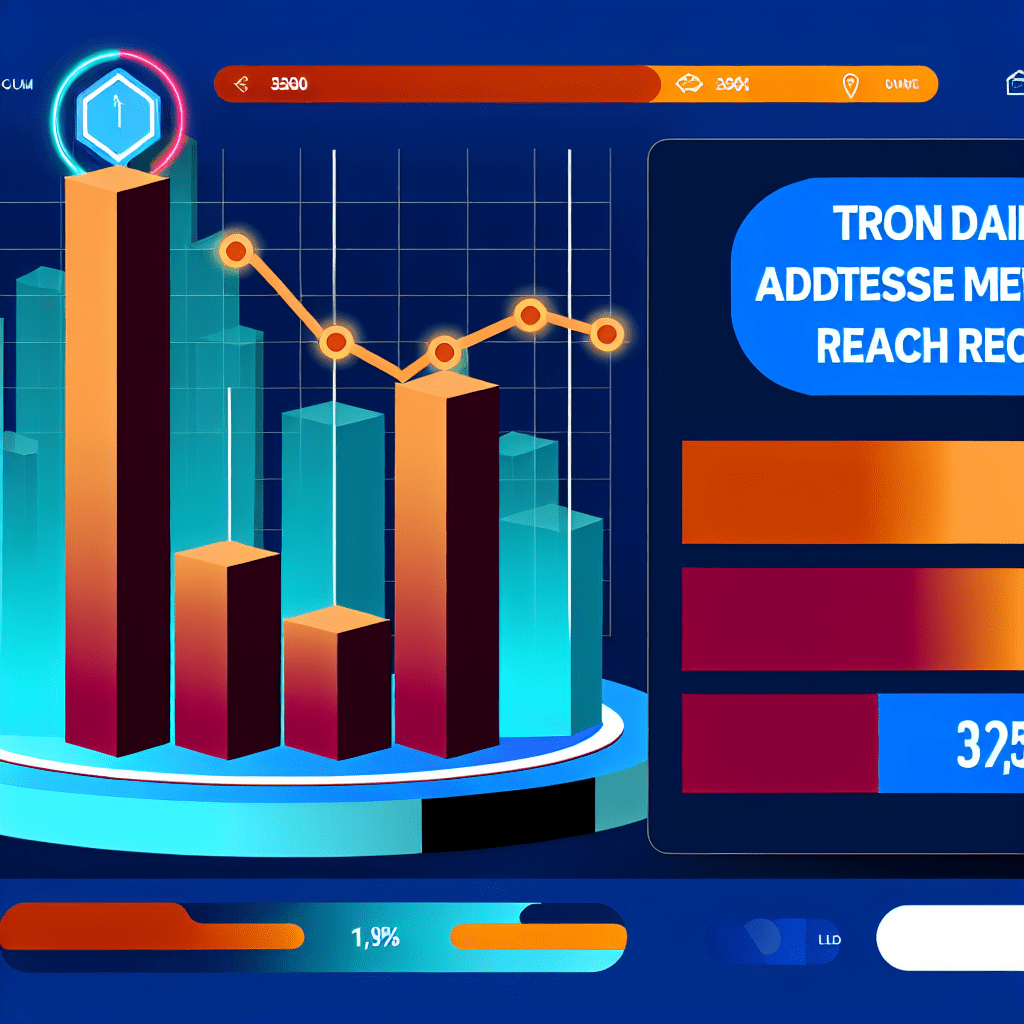Blockchain data indicates that more users are engaging with the Tron network than ever before, driven by robust retail uptake and the increasing appeal of this high-speed, cost-effective chain.
The daily active addresses on Tron surged to an unprecedented 5.7 million on Tuesday, surpassing the prior record of 5.4 million established the day before, while over 12.6 million transactions recorded on Tuesday marked the highest daily volume since June 12, 2023, according to data from TRONSCAN data.
“No headlines. No hype. Just raw throughput. That’s top-tier activity with zero fanfare,” stated blockchain analytics platform Nansen in a post on X on Wednesday.
Nansen’s data reveals a 69% increase in daily active Tron addresses over the past week, approaching nearly 11.1 million — marking the largest weekly change among significant blockchains.
USDT on Tron is the preferred combination for many
Even though Tron’s decentralized finance sector isn’t as established as Ethereum’s, it handles between 15-20 million Tether (USDT) stablecoin transfers each week, establishing it as one of the most common token and chain pairings in the crypto space.
This combination is widely utilized in Africa, Asia, and South America, enabling users to take advantage of rapid, low-cost US dollar-pegged token transfers where access to real US dollars is often limited.
Tether celebrated its 500 millionth USDT user on October 21 — a milestone that its CEO, Paolo Ardoino, described as “likely the biggest financial inclusion achievement in history.”
Related: Tether to launch USAT, names ex-Trump adviser as CEO
The World Bank Group estimates that around 1.4 billion adults lack access to bank accounts. Cryptocurrency offers a viable solution, as anyone with a phone can install a crypto wallet to receive and securely store funds.
USDT remains the dominant stablecoin
USDT is the largest stablecoin, boasting a market cap of $183.2 billion, which translates to a 58.8% market share, according to CoinGecko. Following it is Circle’s USDC with a market cap of $76.2 billion.
Ethereum holds the largest amount of USDT in circulation at $83.4 billion, while Tron ranks second at $78.7 million, according to DefiLlama data.
Magazine: Bitcoin OG Kyle Chassé is one strike away from a YouTube permaban

